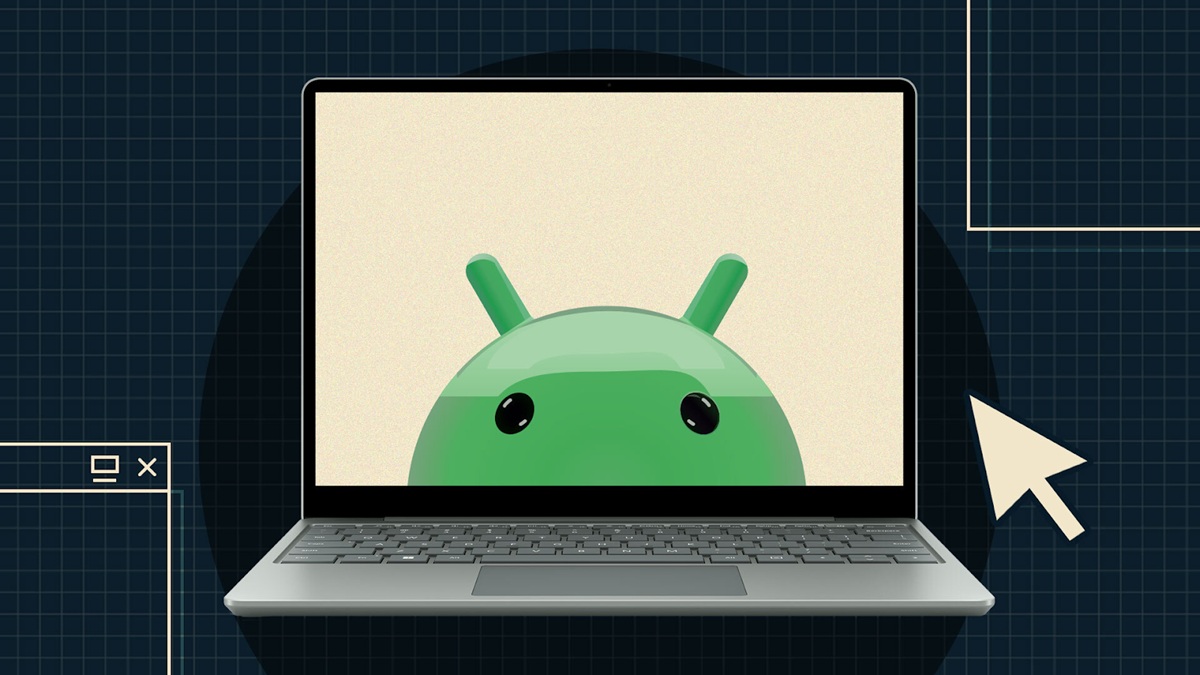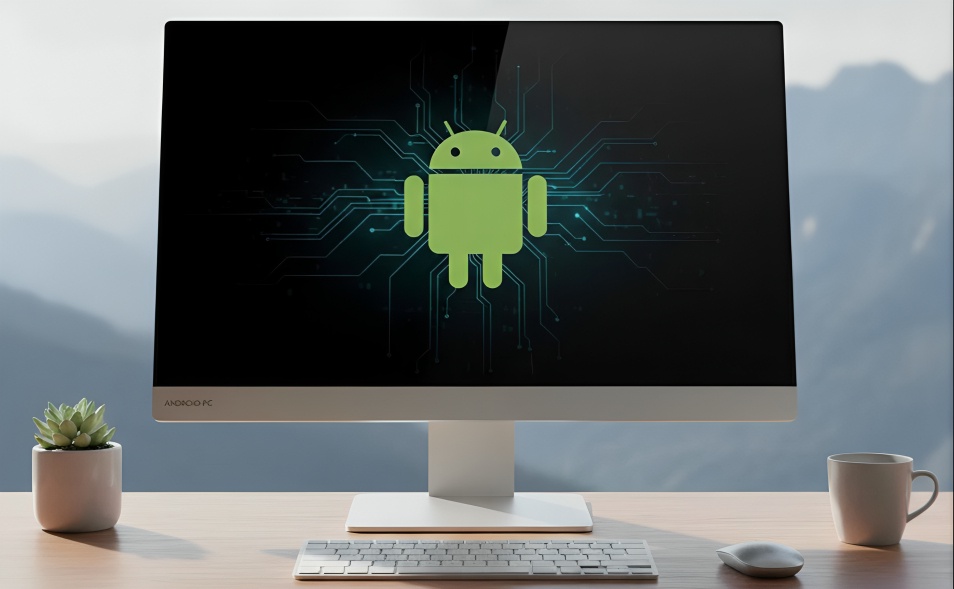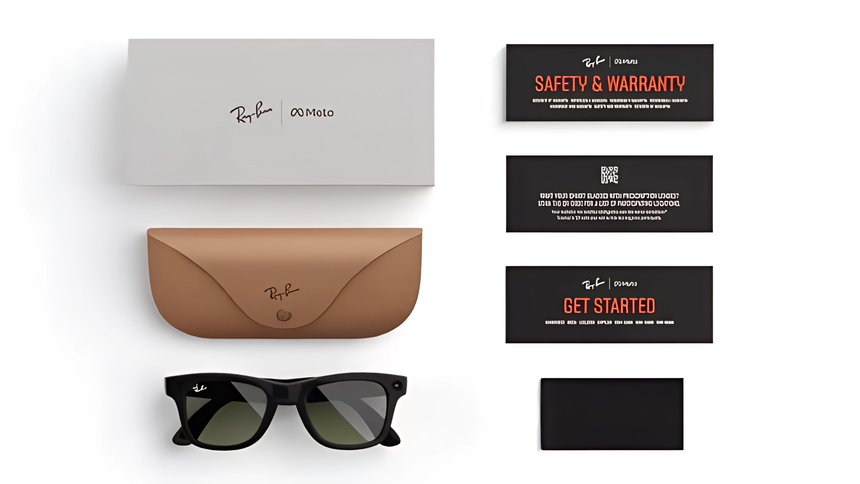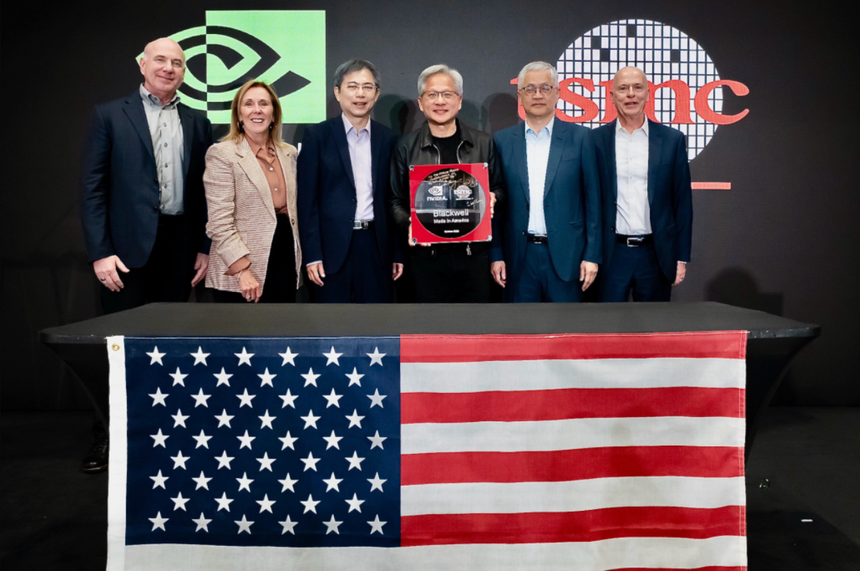Google is reimagining the future of personal computing by preparing Android for PCs. At the Qualcomm Snapdragon Summit 2025, Rick Osterloh, Google’s Senior Vice President of Devices and Services, joined Qualcomm CEO Cristiano Amon on stage to talk about what could become one of the biggest shifts in Google’s software strategy.
The Vision of a Unified Platform
For years, Google has maintained separate systems for smartphones and desktop computing, with Android powering billions of mobile devices and ChromeOS dominating Chromebooks. Now, Osterloh revealed that Google is actively working on merging these platforms into a common technical foundation. This means Android will no longer be limited to phones and tablets but will also extend to PCs and desktop systems.
The project aims to ensure seamless experiences across devices, allowing users to access Google apps, services and developer tools regardless of whether they are on a phone, tablet or computer.
Bringing AI Power to PCs
Osterloh also highlighted that the new Android for PC will integrate Google’s AI stack, including Gemini models and the Google Assistant. This promises to make PCs not only compatible with Android apps but also equipped with next generation AI capabilities for productivity, creativity and entertainment. By embedding AI into PCs, Google is aiming to deliver smarter assistance, context aware features and new ways of working across platforms.
Qualcomm’s Role and Excitement
Cristiano Amon, CEO of Qualcomm, expressed strong enthusiasm about the project. He revealed that he has already seen an early version of the unified Android for PC and described it as “incredible.” According to Amon, the new system finally delivers on the long held vision of convergence between mobile and PC.
Qualcomm’s Snapdragon chipsets will play a critical role in making this vision a reality, powering the hardware that runs the upcoming unified operating system.
What Comes Next
While no official timeline has been shared, Google’s openness about the project marks a significant step forward. The merged Android and ChromeOS system is still in development, but the confirmation of its existence has generated huge excitement among developers and users alike.
If successful, Android for PC could reshape the computing landscape, offering a unified platform that works across smartphones, tablets and desktop systems while harnessing the full potential of AI.
For more updates on the future of Android and other major tech innovations, follow Tech Moves on Instagram and Facebook.














